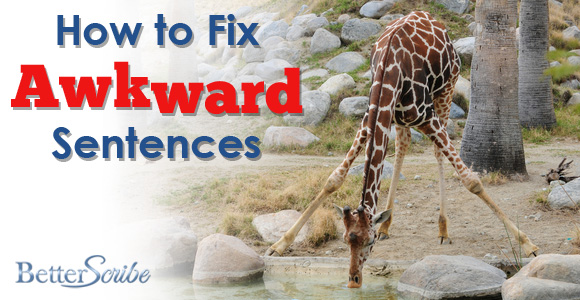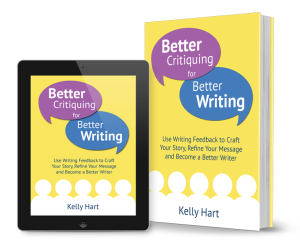
You may be asking what a qualifier is. This is a word or phrase that either intensifies or softens the impact of neighbouring words.
Some qualifiers can have the effect of weakening your manuscript by making you seem unsure of your topic or story. This undermines your authority and your reader will start to lose interest.
The best way to combat this issue is to make sure that words that don’t add anything are deleted or replaced with more concrete detail.
Here are some examples of qualifiers in writing to show you what I mean.
Nina brought a lot of eggs home. How many eggs?
Nina brought two dozen eggs home. Concrete details added.
Toby was rather tall and towered above me. How tall is Toby?
Toby was six foot tall and towered above me. Concrete details added.
Jody almost collapsed with heat exhaustion. Did Jody collapse or didn’t she?
Jody collapsed with heat exhaustion. Qualifier deleted.
In the above examples you can see how the sentences have been made clearer, either by adding concrete details or by deleting the word that was causing confusion.
Now I challenge you to pick a manuscript you have completed writing and look for the following list of words. Highlight the words as you find them in your manuscript.
- Rather
- Somewhat
- Sort of
- Very
- Quite
- More
- Most
- So
- Just
- Indeed
- Still
- Almost
- Fairly
- Even
- A bit
- A little
- Kind of
- Usually
- A few
- Mostly
How many did you find … many, a few, some?
Go through the ones you found on your manuscript and consider if you can remove them or change them for more concrete description. You may be surprised by how much this exercise improves your manuscript.
Consider creating your own qualifiers in writing list and adding to it as you find new words to keep an eye out for.
Related: How to Avoid Pet Words and Phrases in Your Writing






Connect With Kelly